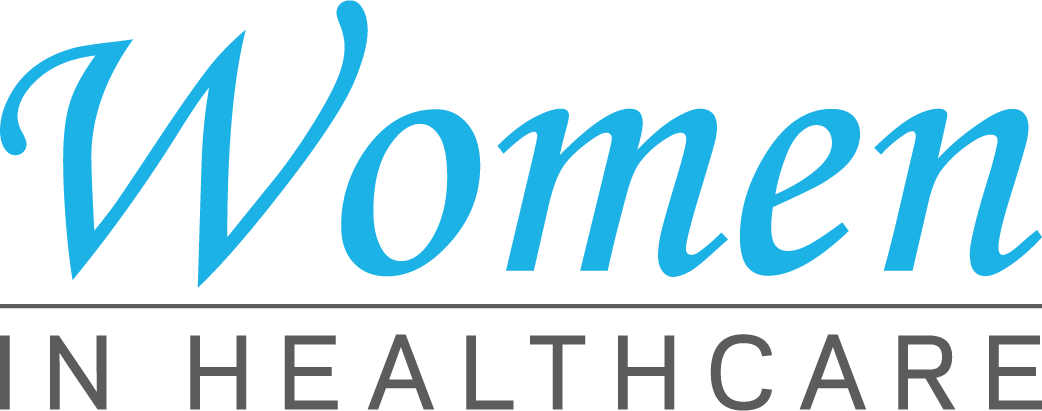Exactly How Healthcare RCM Solutions Streamline Invoicing and Collections
Exactly How Healthcare RCM Solutions Streamline Invoicing and Collections
Blog Article
Introducing the Perks of Medical Care RCM in Improving Performance and Accuracy in Profits Cycle Administration
In the swiftly evolving healthcare landscape, the importance of Income Cycle Management (RCM) can not be overstated (Healthcare RCM). As health care providers pursue precision and efficiency, RCM becomes an essential tool in simplifying procedures, lessening errors, and boosting economic end results. By integrating with Electronic Wellness Records and leveraging advanced technologies, RCM not just maximizes administrative jobs however likewise enriches the insurance claims processing experience. This transformation holds the possible to redefine financial performance and patient trust fund. Yet, what are the details devices driving these renovations, and exactly how can they be used to their full possibility?
Improving Management Jobs

Additionally, the combination of digital health and wellness documents (EHR) with RCM systems facilitates real-time information accessibility and sharing, making it possible for health care specialists to make informed choices promptly. This interconnectedness not only enhances communication between medical and administrative groups but also improves individual complete satisfaction by decreasing waiting times and payment disparities - Healthcare RCM. Additionally, streamlined administrative procedures enable for much better conformity with regulative requirements, mitigating risks related to audits and penalties
Inevitably, the concentrate on refining management tasks in RCM leads to set you back savings and improved economic efficiency. By spending in automation and maximizing operations, healthcare companies can accomplish a more sustainable income cycle, making sure lasting viability and the capability to adjust to progressing industry needs.
Enhancing Insurance Claims Processing
Just how can medical care companies enhance the effectiveness of their cases processing? The integration of advanced Profits Cycle Administration (RCM) systems supplies a durable option. By taking advantage of automation and advanced analytics, RCM systems improve the facility and usually difficult claims refining jobs. Automation minimizes manual information entrance errors, makes certain compliance with the most current billing codes, and increases the overall claims lifecycle from submission to repayment.
Additionally, real-time analytics play a critical function in enhancing insurance claims processing performance. These analytics tools provide understandings into bottlenecks and prospective denials, enabling doctor to deal with concerns proactively. Predictive analytics can forecast patterns in claim denials, allowing preemptive measures to minimize them, therefore decreasing the moment taken for cases to be refined and accepted.
Additionally, the fostering of digital wellness records (EHR) integrated with RCM systems ensures smooth data circulation, lowering redundancies and raising the accuracy of information sent in insurance claims. A consistent comments loop assisted in by RCM systems even more refines the process, fostering continual renovation.
Eventually, by leveraging technology-driven solutions in cases processing, health care organizations can enhance operational effectiveness, improve capital, and supply a smoother experience for clients and personnel alike.
Minimizing Financial Mistakes
Accurate economic administration is critical in medical care, where decreasing financial mistakes can significantly impact functional success. Monetary mistakes, whether due to incorrect payment, coding look at here now inaccuracies, or mismanagement of person accounts, can lead to substantial income loss and stretched connections with people and payers. Dealing with these mistakes is necessary to maintain a medical care organization's monetary wellness and boost its reputation.
Healthcare Earnings Cycle Administration (RCM) plays a pivotal function in minimizing such mistakes through structured procedures. By applying standard treatments for billing, coding, and collections, health care companies can make certain that financial transactions are taken care of with accuracy. Comprehensive training for team on current coding guidelines and payment practices also lowers the likelihood of mistakes, ensuring claims are properly processed and compensated.

Furthermore, complete audits and normal financial reviews within the RCM structure permit for the early detection and adjustment of discrepancies. Making sure accuracy in individual data entry and verification further minimizes errors, as this is frequently a primary resource of errors. By check out here concentrating on these calculated areas, medical care organizations can decrease financial mistakes, therefore guarding their profits streams and boosting overall operational performance.
Leveraging Advanced Technologies
In today's rapidly evolving medical care landscape, leveraging sophisticated modern technologies is vital for maximizing Revenue Cycle Monitoring (RCM) processes. By incorporating sophisticated options such as fabricated knowledge (AI), equipment understanding (ML), and robot process automation (RPA), health care providers can significantly boost the efficiency and precision of their RCM operations. These modern technologies assist in enhancing repetitive tasks, minimizing hand-operated mistakes, and making it possible for quicker handling of cases.

In addition, the integration of blockchain technology enhances information protection and openness within RCM (Healthcare RCM). It makes sure that sensitive information is protected while preserving an immutable record of transactions. This is important for building count on with stakeholders and individuals
Boosting Financial Performance
Building on the performances obtained with advanced technologies, medical care service providers can considerably improve their economic efficiency by fine-tuning their Revenue Cycle Administration (RCM) approaches. By enhancing billing processes, lessening claim denials, and boosting capital, health care establishments can accomplish better economic stability. Applying robust RCM options permits service providers to simplify administrative jobs, minimizing the time and sources invested in hand-operated data more tips here entrance and insurance claim handling. This efficiency leads to faster declare submissions and repayments, making the most of earnings collection.
In addition, data analytics within RCM systems offer beneficial understandings into monetary fads and operational bottlenecks. By leveraging these understandings, healthcare carriers can make educated decisions to boost economic end results, such as changing invoicing practices or renegotiating payer contracts. Enhanced precision in coding and paperwork further lowers insurance claim denials and audits, cultivating a smooth profits cycle.
Furthermore, client interaction tools incorporated within RCM systems enhance patient satisfaction by giving transparent billing info and flexible payment alternatives. This transparency not just enhances patient-provider partnerships but likewise motivates timely payments, reducing impressive accounts receivables.
Verdict
Healthcare Income Cycle Management substantially maximizes performance and precision by streamlining administrative tasks and enhancing insurance claims handling. Through the reduction of financial mistakes and the integration of advanced innovations such as AI and predictive analytics, RCM facilitates compliance with payment codes and provides valuable insights into financial patterns. This systematic approach not just lessens possible case rejections however likewise increases financial performance, therefore cultivating depend on and openness with clients and stakeholders within the healthcare system.
As healthcare suppliers make every effort for accuracy and efficiency, RCM arises as an essential device in improving operations, lessening mistakes, and improving monetary results.Simplifying administrative jobs in health care profits cycle monitoring (RCM) offers considerable benefits by enhancing operational effectiveness and reducing the burden on staff.Healthcare Revenue Cycle Management (RCM) plays a critical function in lessening such errors via structured processes.In today's swiftly developing health care landscape, leveraging sophisticated technologies is essential for enhancing Earnings Cycle Management (RCM) processes.Structure on the performances gotten with innovative modern technologies, healthcare providers can considerably increase their economic performance by improving their Profits Cycle Administration (RCM) strategies.
Report this page